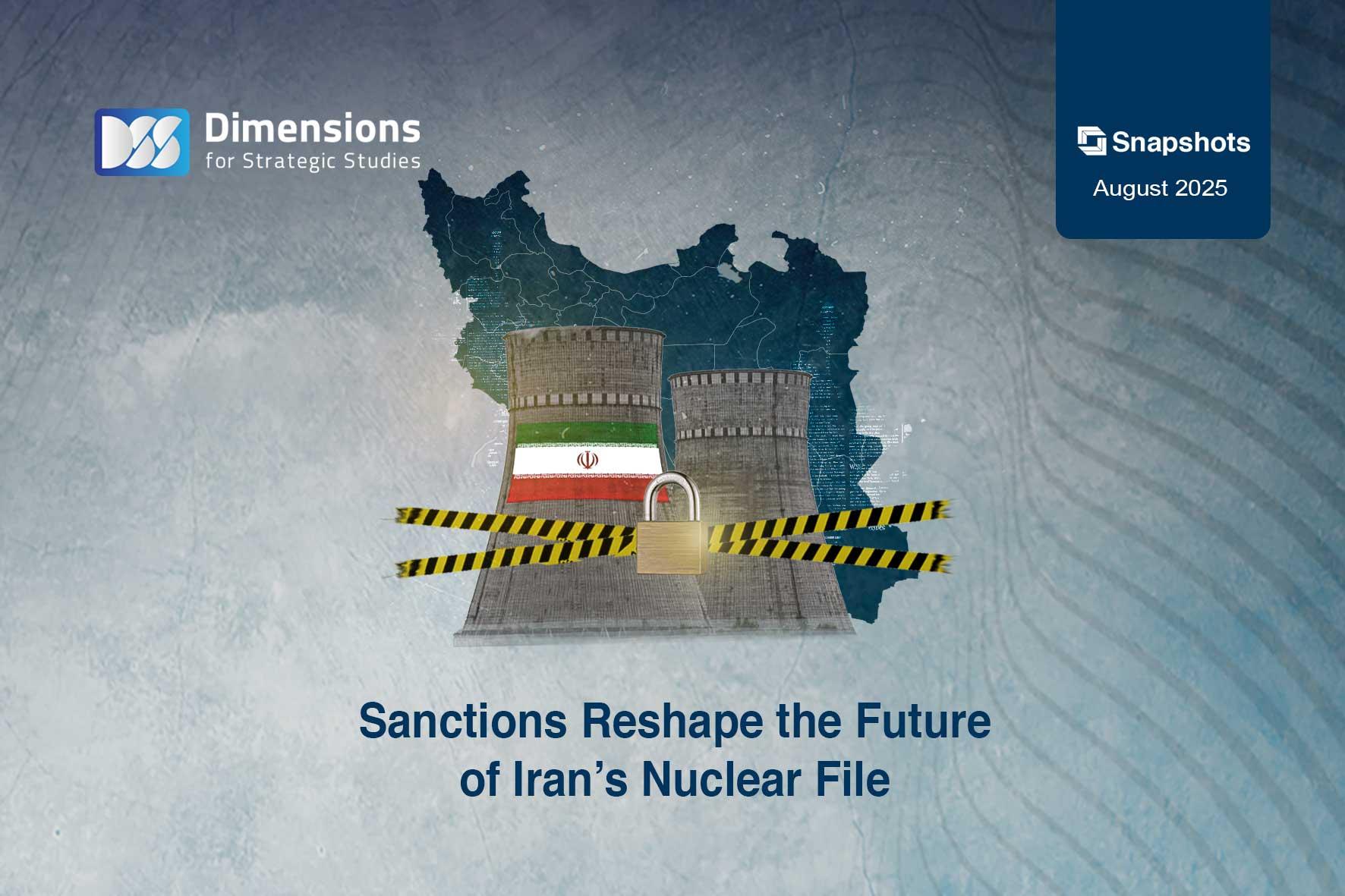
Sanctions Reshape the Future of Iran’s Nuclear File
2025-08-302241 view
France, Germany, and the United Kingdom are moving to reimpose suspended United Nations sanctions on Iran using the “snapback” mechanism stipulated in the 2015 nuclear agreement.
The move comes after recent talks failed to reach a diplomatic solution, and amid growing international concern about Iran’s nuclear program, especially as it has refused to cooperate with the International Atomic Energy Agency (IAEA) following Israel’s 12-day war on Iran.
The three European countries—known as the E3—accuse Iran of failing to comply with the agreement.
The sanctions, suspended under the deal a decade ago, include an embargo on conventional arms, an asset freeze on certain individuals and entities such as the Iranian Revolutionary Guard Corps and the Islamic Republic of Iran Shipping Line Group, and a ban on financial transactions related to the country’s nuclear and missile programs.
The snapback mechanism’s looming expiry date of October 18 was an incentive for European countries to initiate the process before Russia assumed the presidency of the UN Security Council—also in October—as they feared Moscow would use its veto power to obstruct the process.
In a last-ditch effort, Russia presented a draft resolution that would extend the snapback mechanism’s validity for six months, but it was bound by Iran’s refusal to accept its conditions.
The E3 set several conditions for Iran to fulfil to avoid the mechanism being triggered, including a return to negotiations with the U.S., resuming cooperation with the International Atomic Energy Agency (IAEA), allowing inspectors access to nuclear sites, and providing an explanation for its stockpile of more than 400 kilograms of highly enriched uranium.
Although Iran has allowed IAEA inspectors to return for the first time since the war and allowed them to visit the Bushehr nuclear power plant, it refuses to allow them to access sites damaged during the war.
The resumption of UN sanctions would not have a significant economic impact on Iran, as the U.S. has already unilaterally reimposed its own sanctions regime since 2018, meaning Tehran has already been able to adapt to them.
China and Russia have also announced that they will not support the reimposition of sanctions, making it impossible to reconstitute an expert committee to monitor their implementation. However, the sanctions may make it harder for Iran to access certain markets, particularly for its oil exports, if financial institutions and insurance companies become more cautious.
Despite its limited economic impact, the activation of the snapback mechanism would carry major symbolic significance, as it represents a declaration that the 2015 nuclear agreement, known as the JCPOA, is officially dead.
Reimposing sanctions on Iran will give hardliners in Iran an additional pretext to push for a halt to the diplomatic process and the adoption of more radical policies, such as withdrawing from the Nuclear Non-Proliferation Treaty.
If this happens, the international community will lose the ability to monitor Iran’s nuclear activities through IAEA inspectors, creating a favorable environment for hawks in Iran, Israel, and the U.S. to push for tougher solutions.
Iran’s Supreme Leader Ali Khamenei will likely push for a relatively moderate position, threatening to withdraw from the treaty without actually following through, while obstructing the work of international inspectors. Iran will continue cooperating with the IAEA at a minimal level, allowing the door to remain open for diplomatic mediation, particularly by Russia.





